In the midst of the Bosnian war, a sinister plot unfolded, where wealthy tourists from Italy and other countries paid large sums to participate in "sniper safaris" in the besieged city of Sarajevo. The Milan public prosecutor's office has now opened an investigation into these allegations, shedding light on a dark chapter in human history. This disturbing story not only highlights the brutality of war but also raises questions about the nature of human cruelty and the impact of conflict on civilians.
The investigation was sparked by a complaint filed by journalist and novelist Ezio Gavazzeni, who claims that these "very wealthy people" with a passion for weapons paid to shoot at defenceless civilians from Serb positions in the hills around Sarajevo. According to Gavazzeni, different rates were charged to kill men, women, or children, further underscoring the callousness of these individuals.
The four-year siege of Sarajevo was a brutal and devastating period in Bosnian history, resulting in the deaths of over 11,000 people. The city was surrounded by Serb forces, subjected to constant shelling and sniper fire, and its residents were forced to live in fear for their lives. The allegations of "human hunters" from abroad add a new layer of complexity to this already tragic story.
The Bosnian war was a result of the dissolution of Yugoslavia, a country that was torn apart by ethnic and nationalist tensions. The conflict was marked by widespread human rights abuses, including genocide, ethnic cleansing, and war crimes. The siege of Sarajevo was a particularly egregious example of the brutality that civilians faced during this period.
The investigation into the "sniper safaris" has sparked a renewed interest in the Bosnian war and its impact on civilians. Experts and historians are weighing in on the significance of these allegations and the implications for society.
"This is a disturbing reminder of the depths of human cruelty that can be unleashed during times of conflict," says Dr. Sarah Phillips, a historian specializing in the Bosnian war. "The fact that people were willing to pay to kill defenceless civilians is a stark illustration of the dehumanizing effects of war."
The investigation has also raised questions about the role of tourism in conflict zones. While tourism can be a vital source of revenue for countries affected by conflict, it can also perpetuate a culture of voyeurism and exploitation.
"This case highlights the need for greater scrutiny of tourism practices in conflict zones," says Dr. Mark Duffield, a conflict studies expert. "We need to consider the impact of tourism on local populations and ensure that it is not perpetuating a culture of exploitation."
As the investigation continues, it is clear that the "sniper safaris" case has far-reaching implications for our understanding of human nature and the impact of conflict on civilians. It serves as a reminder of the importance of holding individuals and governments accountable for their actions during times of war and the need for greater scrutiny of tourism practices in conflict zones.
In the words of Ezio Gavazzeni, "This is a story that needs to be told, not just for the sake of justice, but also to prevent such atrocities from happening again in the future."
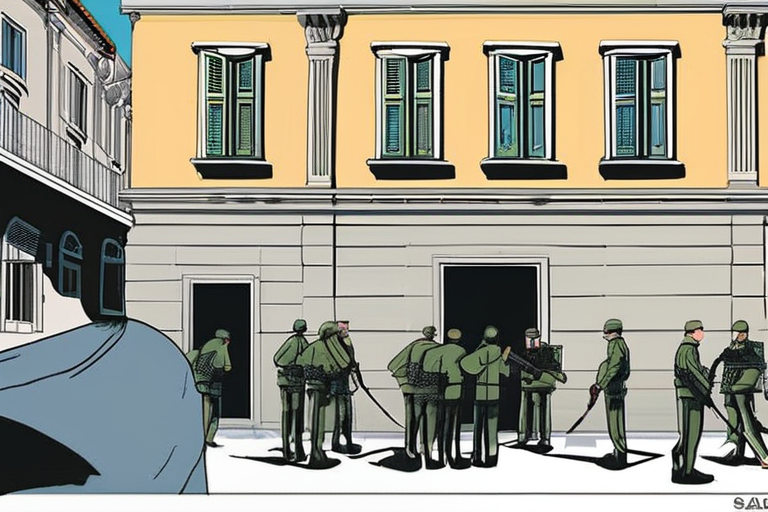


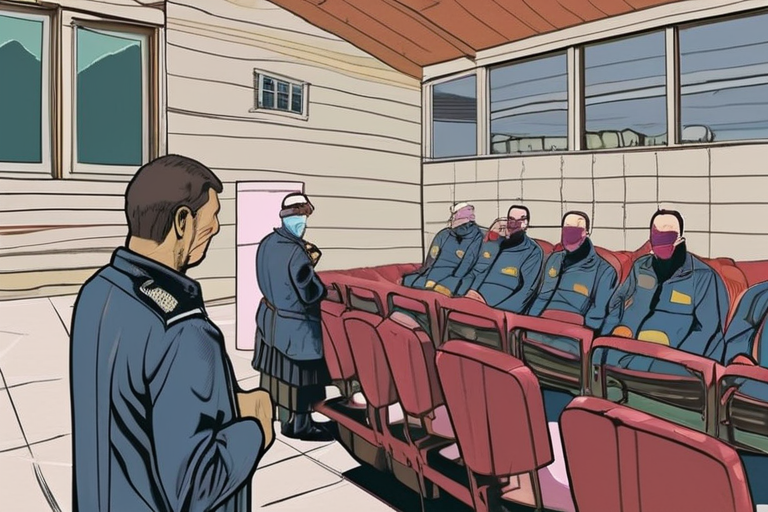

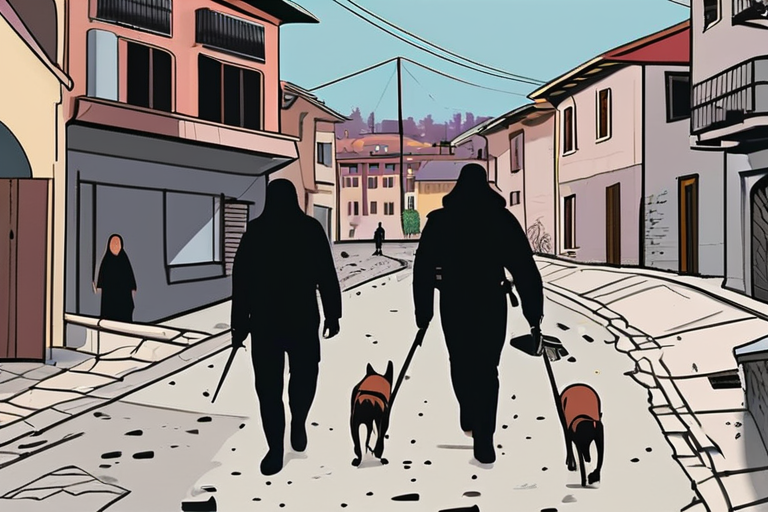
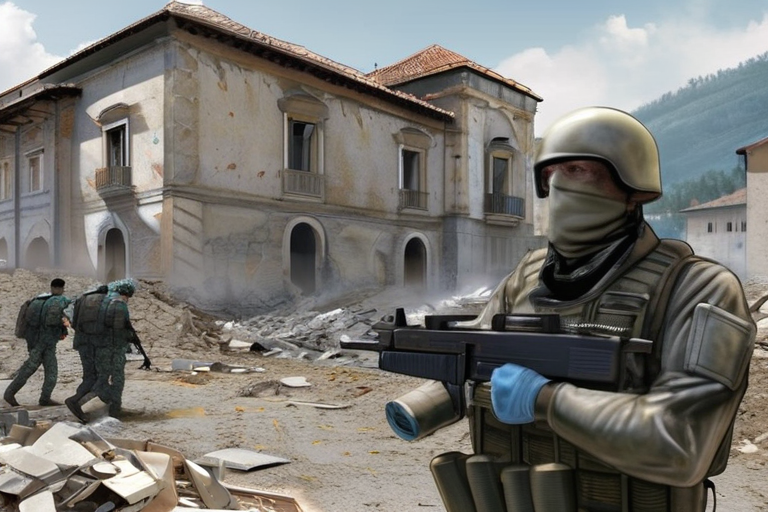

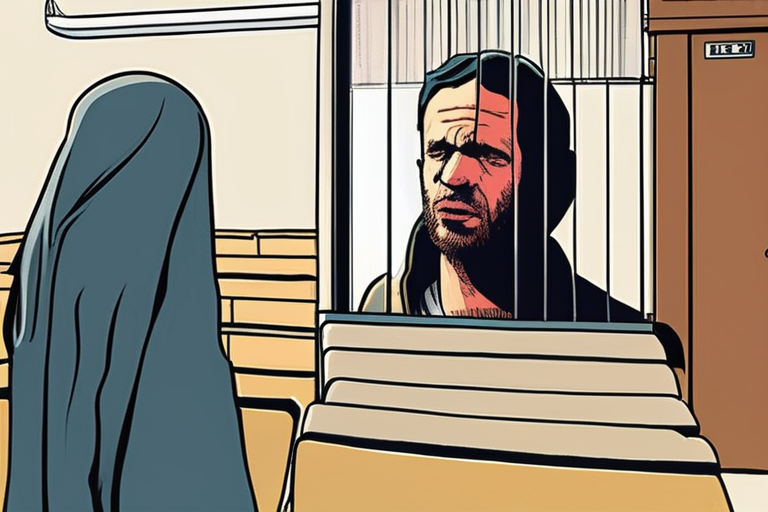
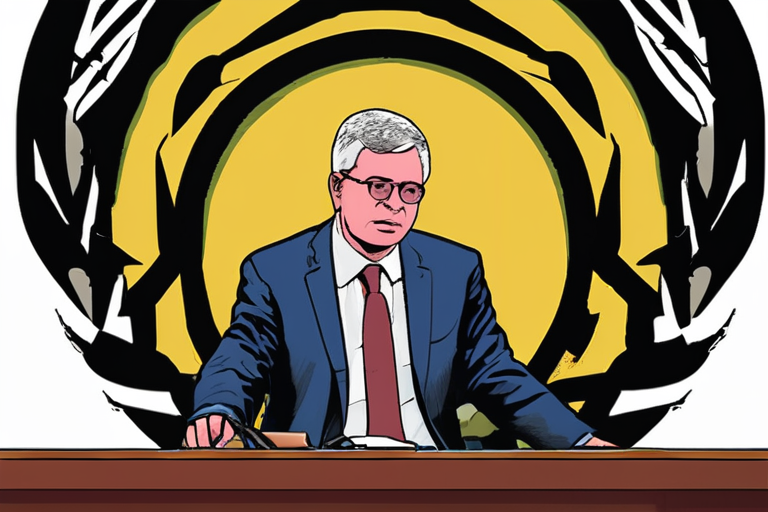
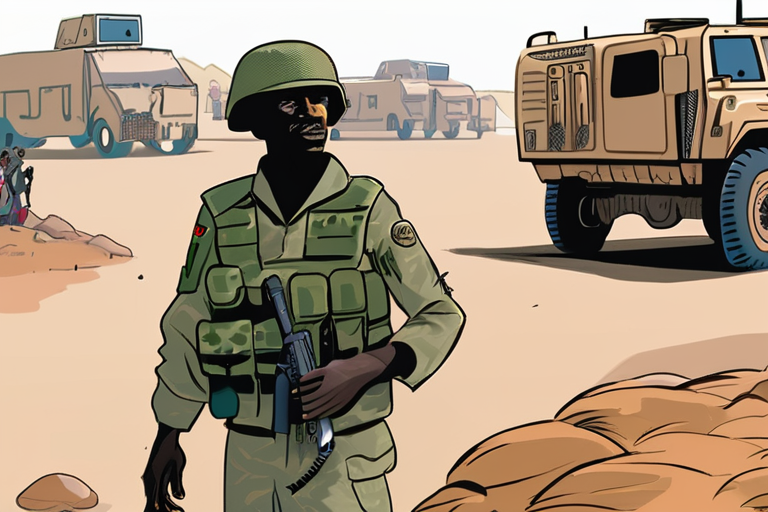
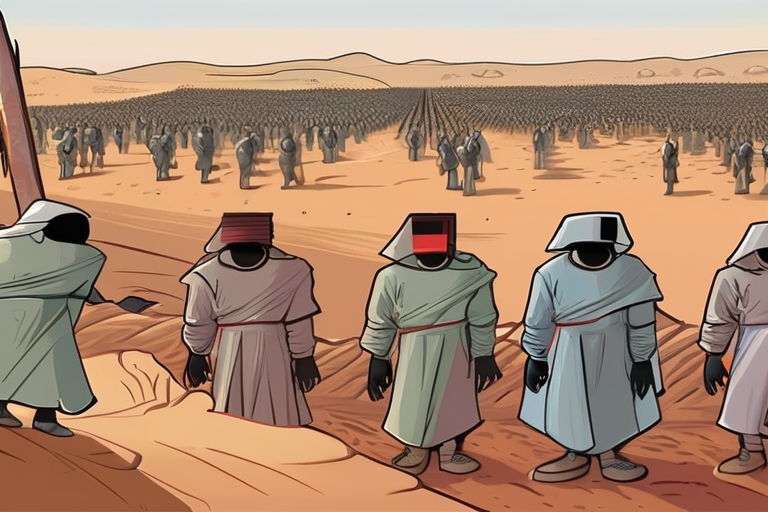

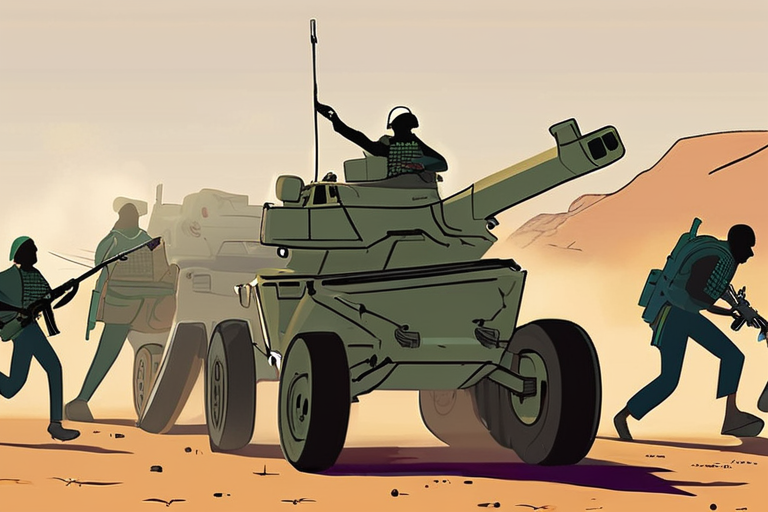
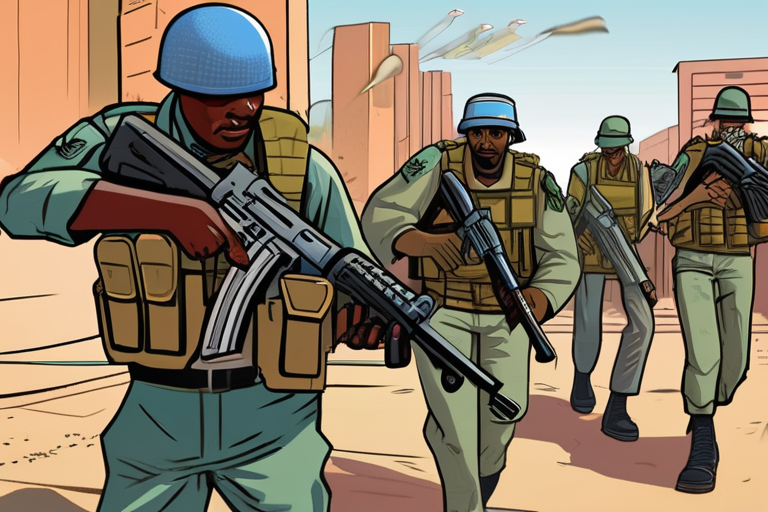
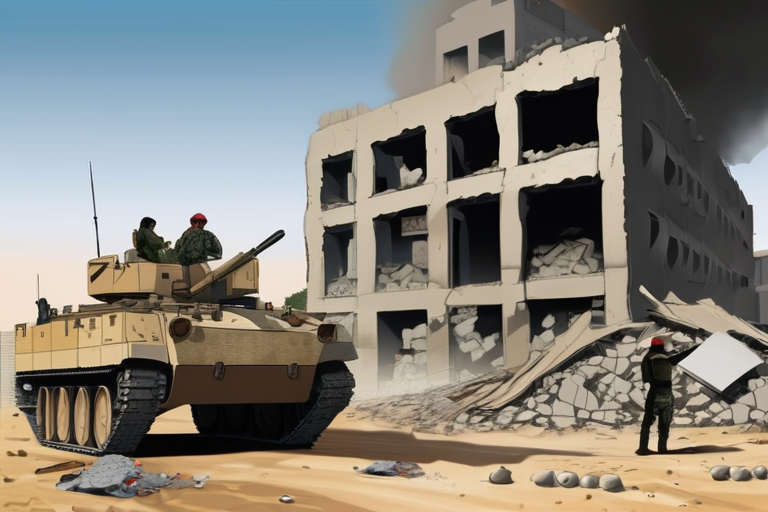
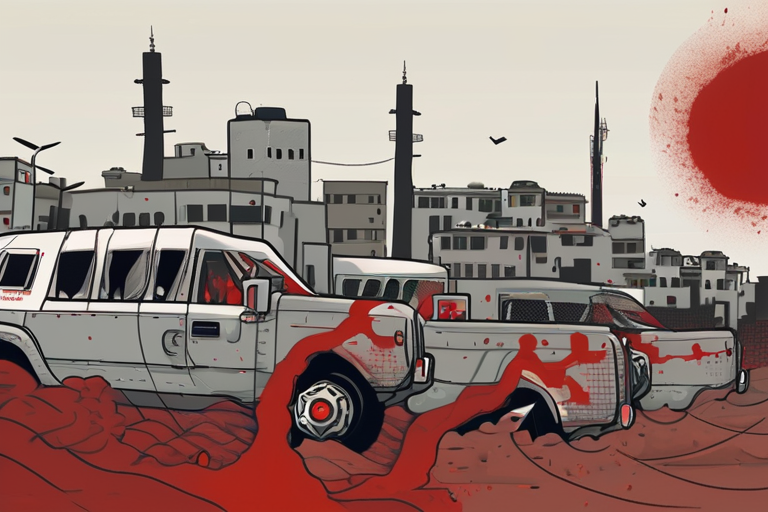

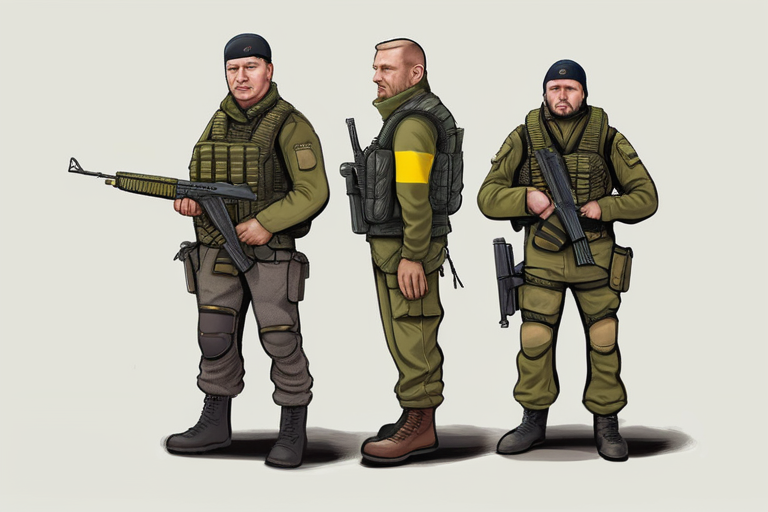
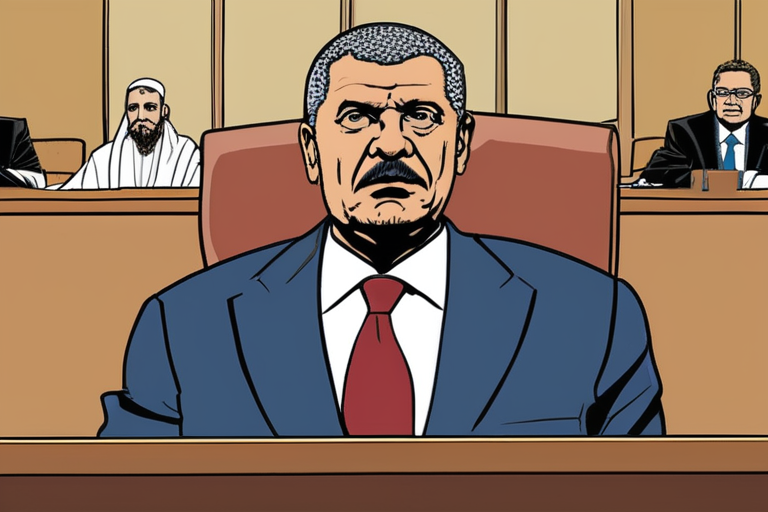
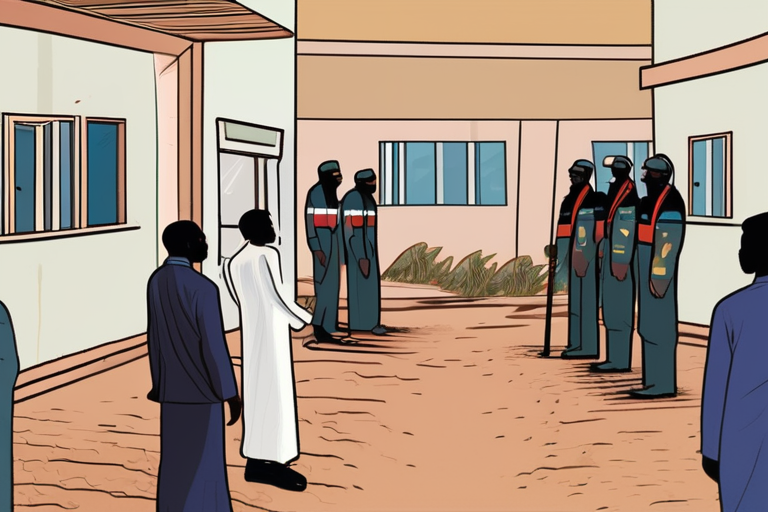
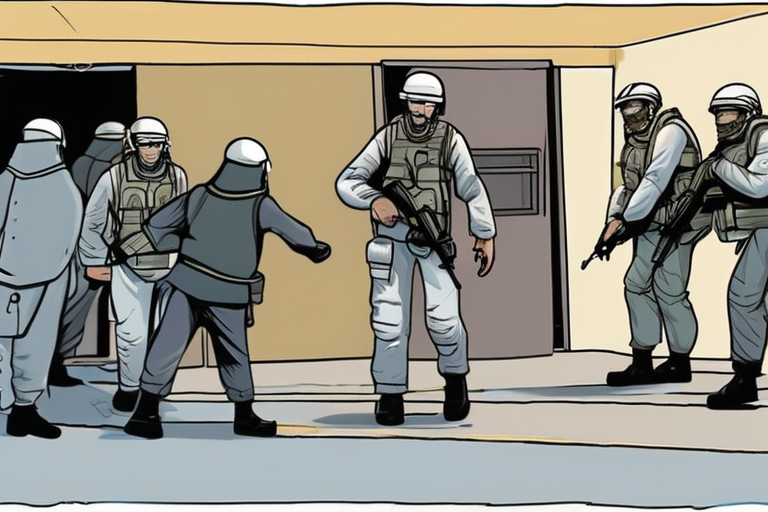
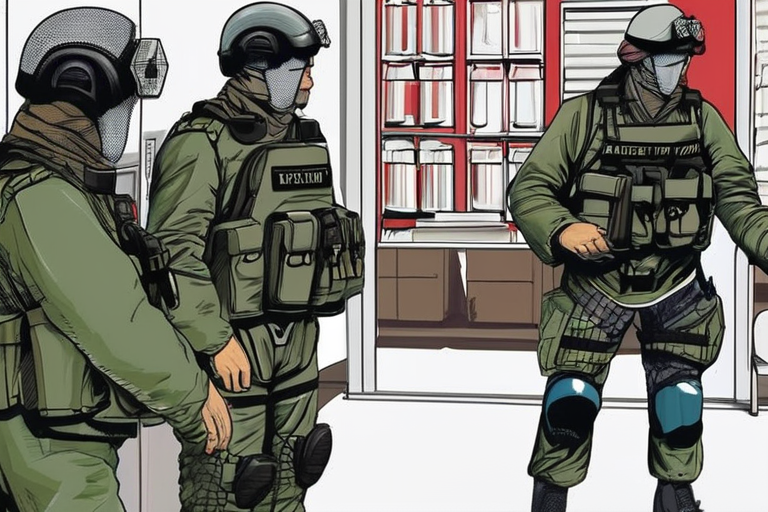
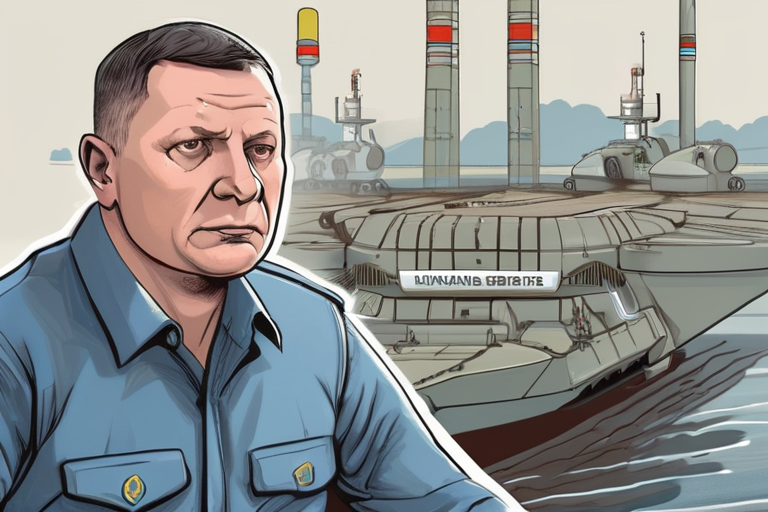
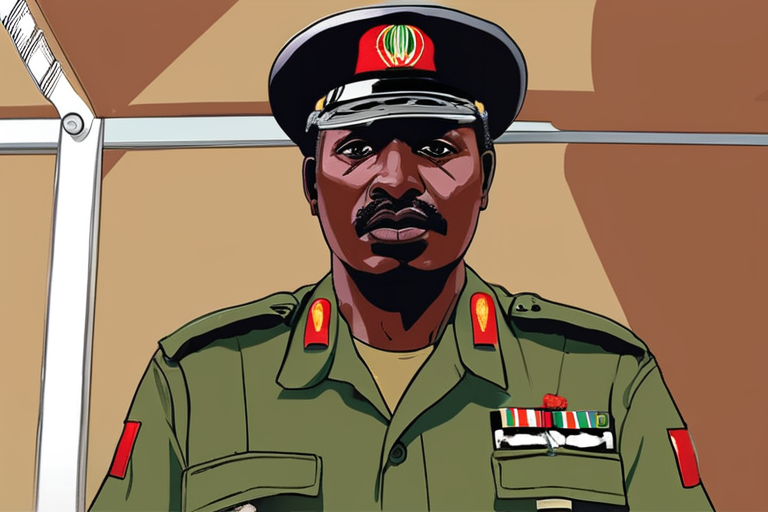

Share & Engage Share
Share this article